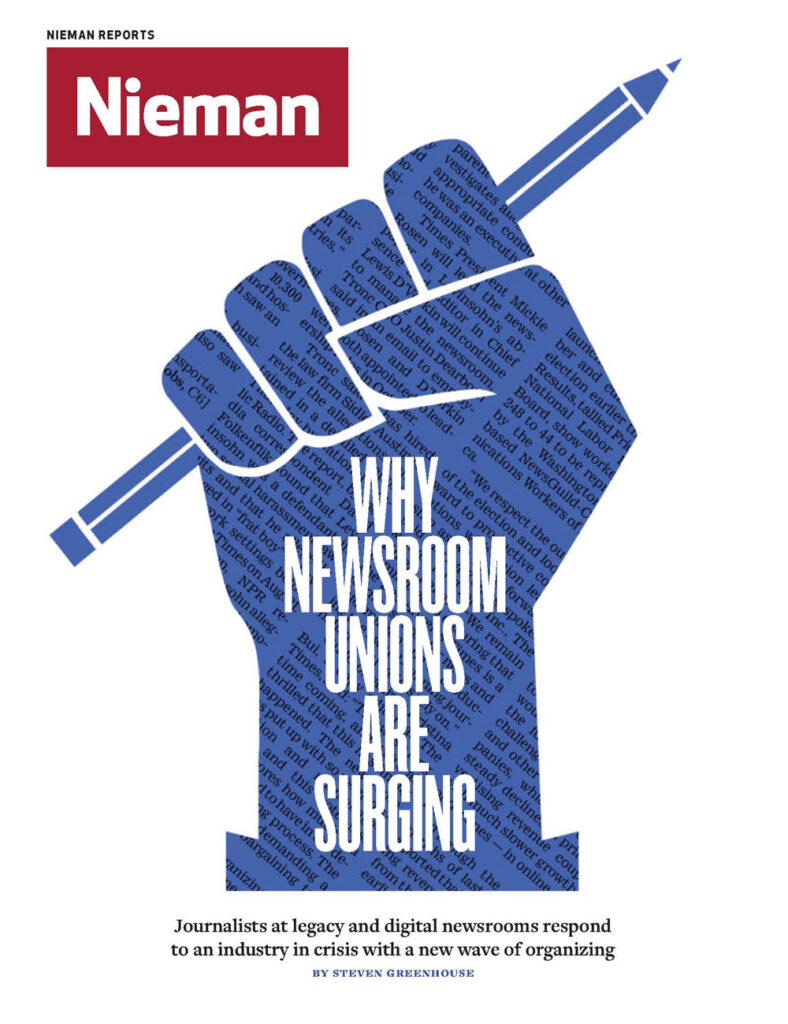Why are Chinese breweries trading up today? The question came in an email from a reader of the South China Morning Post’s new live stocks blog. The blog has transformed how we cover mainland China and Hong Kong stock markets. It is lightning quick, and intensely focused on market moves as they happen as well as analysis and tips from experts. The blog’s intended audience is mom-and-pop traders—from Kuala Lumpur to the United States—who are hungry to learn about these important markets. And we take questions from readers.
I, the editor of the stock blog and leader of its team, put my email address on a morning letter to readers. The “beer” reader’s question was a good one. We jumped on it, and a short while later, the markets reporter of the day had pulled together an answer—a new cut to the value-added tax was likely to boost profits—and given it a forward spin—Tsingtao Brewery and a few other beer makers were likely to see their shares continue to rally.
It was news readers could use. And, for now, when the South China Morning Post has no paywall, it was free.
Our 116-year-old publication has been undergoing a digital revolution since it was bought by Chinese billionaire Jack Ma’s Alibaba Group in 2016. The blog is part of that revolution, as what had been a Hong Kong newspaper known for its crackerjack coverage of the local property market sets its sights on becoming the go-to source of China news for an international audience.
Since launching March 20, the blog has kept readers up on everything from changes in analysts’ rating of stocks to what casino operators are doing to best position themselves to rake in the biggest pile of chips in splashy Macau. We draw on the expertise of our entire business desk, including two reporters based in Shanghai. Each day is an opportunity to experiment. One day, we created a new feature, “Crystal Ball,” in which experts reveal their hot stock picks, for example. Meanwhile, I have loosened up my headlines, playing off my art, like when I used a photo of a cowboy riding a bucking bull and made our headline, “Hold on tight, traders. It’s a jumpy morning.” And as we move through the day, we spin off the most important items or themes into daily stories or features, like our recent home run on investing in 5G.
Some outlets like Bloomberg and Reuters cover markets extremely closely through terminals aimed at professional traders and others in financial and media circles. But what we are doing is unusual, providing live coverage of mainland and Hong Kong markets for average readers who want to understand more as they make investment decisions.




